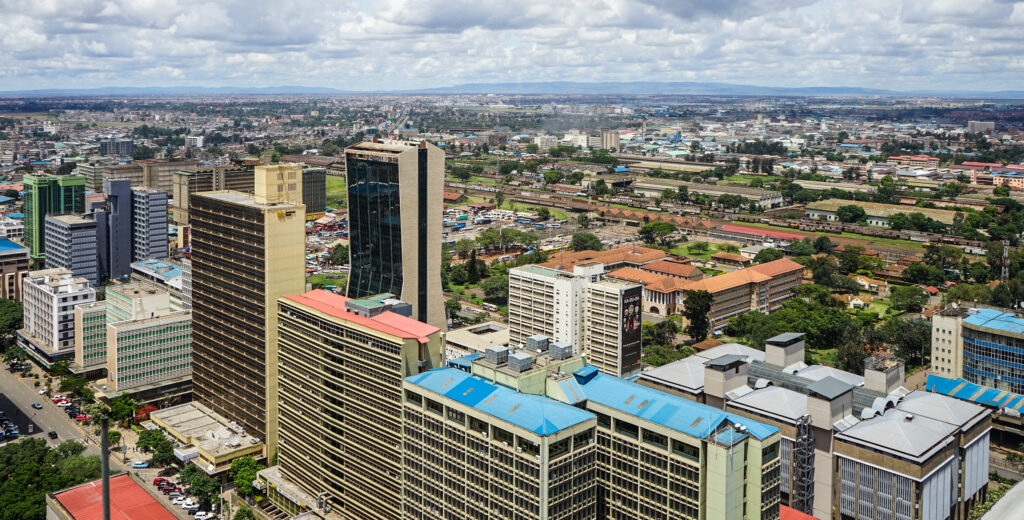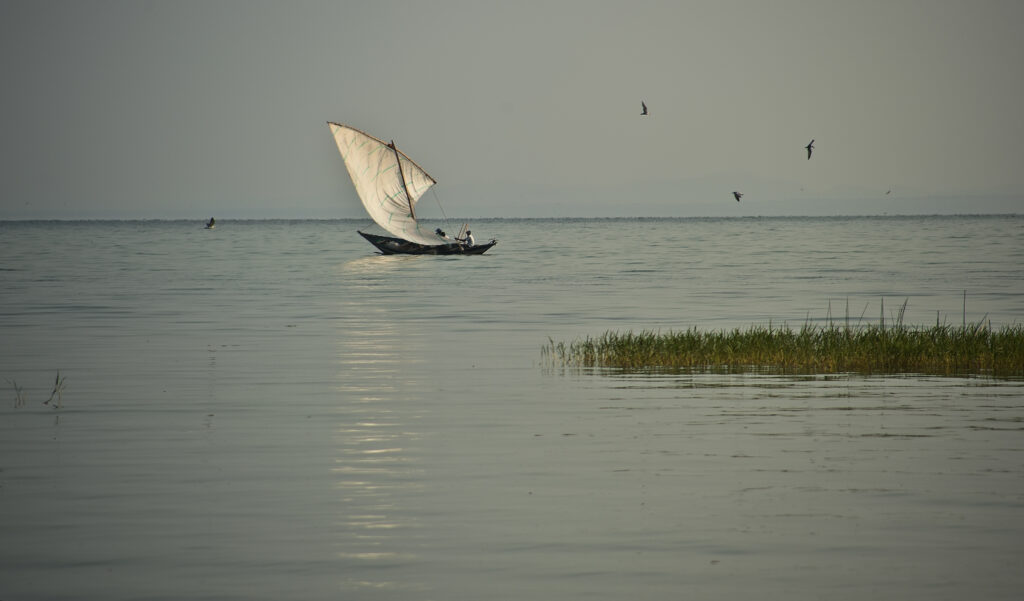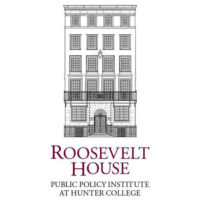International Peace Research Association (IPRA) 28th Biennial Conference, Nairobi
African Peacebuilding Network (APN) and Next Generation Social Sciences in Africa (NextGen) fellows were part of the delegates of the 28th Biennial IPRA conference, that was held in Nairobi Kenya, from January 10-15, 2021. IPRA’s purpose is to advance research into the conditions of peace and the causes of war and other forms of violence. The theme of this years’ conference was on ‘Peace-Technology: Positioning the Fourth Industrial Revolution and Emerging Technologies in Fostering Global Peace.’ The program director of the Social Science Research Council’s APN and Next Gen programs, Cyril Obi gave a welcome address to delegates during the …




